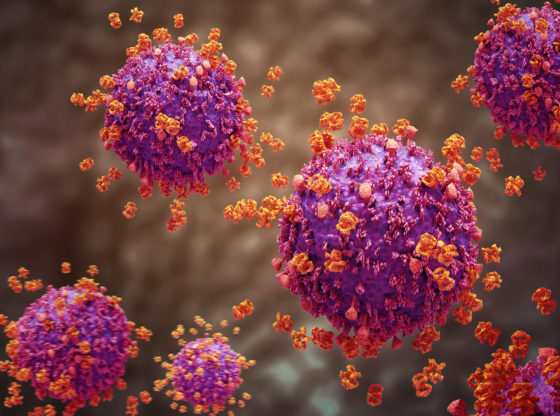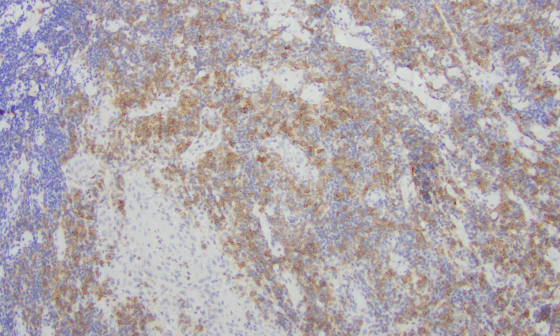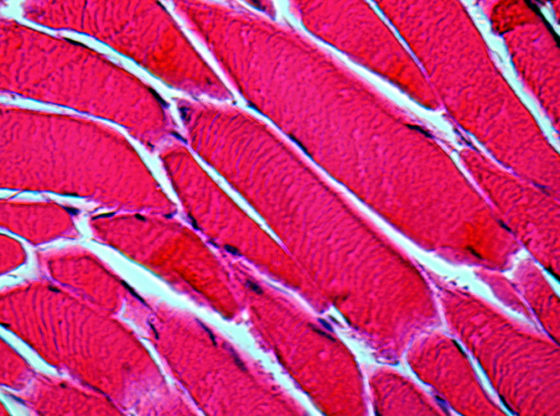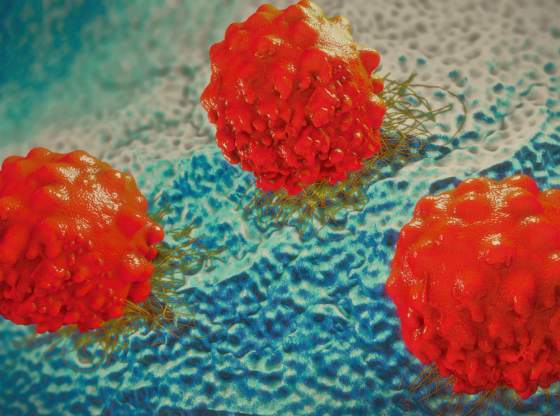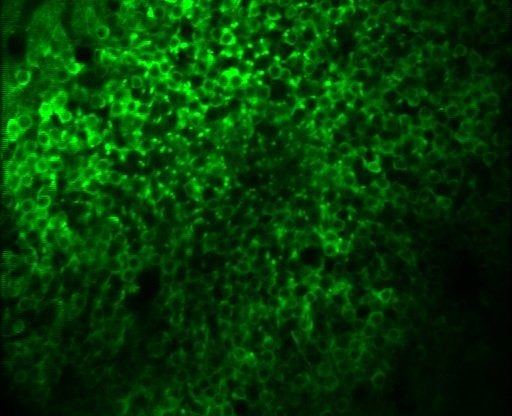An experimental spherical nucleic acid drug developed by Northwestern scientists was able to penetrate the blood-brain barrier and trigger the death of glioblastoma cells.
Measuring levels of hyper vigilance and anxiety may improve healthcare providers’ understanding of severe esophageal diseases and treatment strategies, according to a Northwestern Medicine study.
Neurons in the hippocampus encode a spatial map of learned knowledge, helping humans and other mammals navigate the world, according to a study published in…
Inhibiting production of a key material produced by the mTOR pathway could slow tumor growth, according to a recent Northwestern Medicine study.



